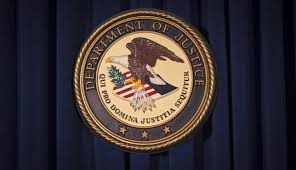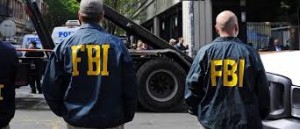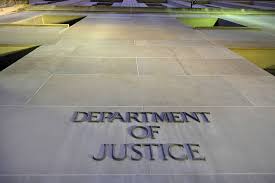The DOJ’s Self-Disclosure Program Is Not Even Half the Story
 Lauren Connell, Managing Associate at The Volkov Law Group, joins us again for a posting on DOJ’s recent FCPA guidance announcement. Lauren can be reached at [email protected]. Her bio is here.
Lauren Connell, Managing Associate at The Volkov Law Group, joins us again for a posting on DOJ’s recent FCPA guidance announcement. Lauren can be reached at [email protected]. Her bio is here.
Lots of people are talking about the DOJ’s new self-disclosure pilot program, but it was only the last of three steps announced in the DOJ’s Fraud Section FCPA Enforcement Plan and Guidance. One of them has the potential to increase FCPA enforcement activity to unprecedented levels. Why aren’t more people talking about this aspect?
The DOJ announced that:
[T]he Department is intensifying its investigative and prosecutorial efforts by substantially increasing its FCPA law enforcement resources. These new resources will significantly augment the ability of the Criminal Division’s Fraud Section and the Federal Bureau of Investigation (FBI) to detect and prosecute individuals and companies that violate the FCPA.
The DOJ is increasing its Fraud Section “FCPA unit by more than 50% by adding 10 more prosecutors to its ranks.” That is a HUGE increase. The DOJ has had 3 FCPA-related enforcement actions so far this year, 9 in 2015 and a whopping 21 in 2014. How will doubling the amount of FCPA Fraud Section staff affect these numbers?
Compliance professionals are familiar with the need to efficiently allocate limited budgets. Resources are targeted toward the highest-risk areas to reduce risk as much as possible within budgetary constraints. Now imagine if your budget was suddenly doubled. What other programs would you institute? What new risk areas would you address that you did not before?
That is the position the DOJ’s FCPA Fraud Section may soon find itself: the unit’s size just doubled. Now imagine what they will do with these new resources. Cases that were passed over before as too risky to devote limited resources to may now be brought. An investigation based on limited facts that wouldn’t have gotten a second look before may now get that closer look. At a very basic level, the DOJ’s threshold for what is worth their enforcement time will change.
Not to mention the FBI’s “three new squads of special agents devoted to FCPA investigations and prosecutions.” The influx of resources is guaranteed to affect enforcement decisions and we are likely to see more activity than we have ever seen before.
My point here is not to ring the alarm but to recognize the importance of government resources. The new attorneys and agents will quickly have to demonstrate their value to the anti-corruption effort – moribund cases that were waiting for resources may be picked up and investigated. New cases may be initiated. The point is that the bottom line of enforcement activity will increase – more cases will be brought, more will be settled, and they will be done more expeditiously.
 Under the leadership of Leslie Caldwell and Andrew Weissmann, the FCPA Unit has devoted significant time to reducing the backlog of FCPA investigations. There is no question that the investigation and resolution of FCPA cases takes too much time, often requiring companies and individuals to execute tolling agreements to stop the clock running under the statute of limitations.
Under the leadership of Leslie Caldwell and Andrew Weissmann, the FCPA Unit has devoted significant time to reducing the backlog of FCPA investigations. There is no question that the investigation and resolution of FCPA cases takes too much time, often requiring companies and individuals to execute tolling agreements to stop the clock running under the statute of limitations.
DOJ leadership has stated a goal to expedite resolution of cases within one year of opening a case – that may be a little too optimistic but it reflects a good objective. Companies deserve efficient justice, especially those that voluntarily disclose a potential violation. In those cases, it is not fair to have investigations linger without meaningful deadlines to move an investigation along with a year to two years at the longest.
While DOJ’s incentive to voluntarily disclose may not be sufficient to increase significantly the number of companies choosing to disclose potential FCPA violations, the additional resources offers a potential for DOJ to expedite the FCPA investigation and resolution process.















